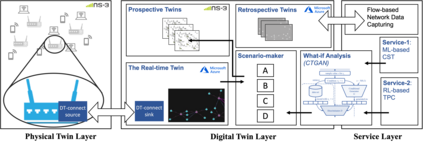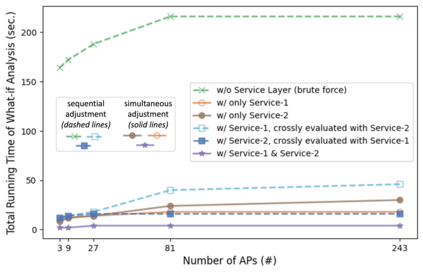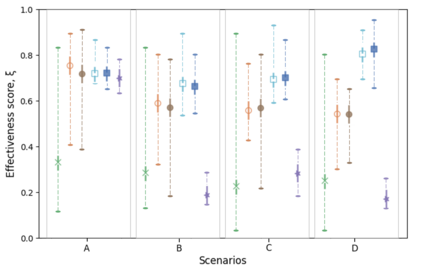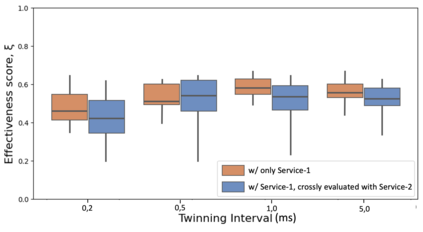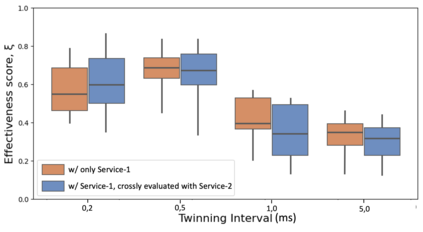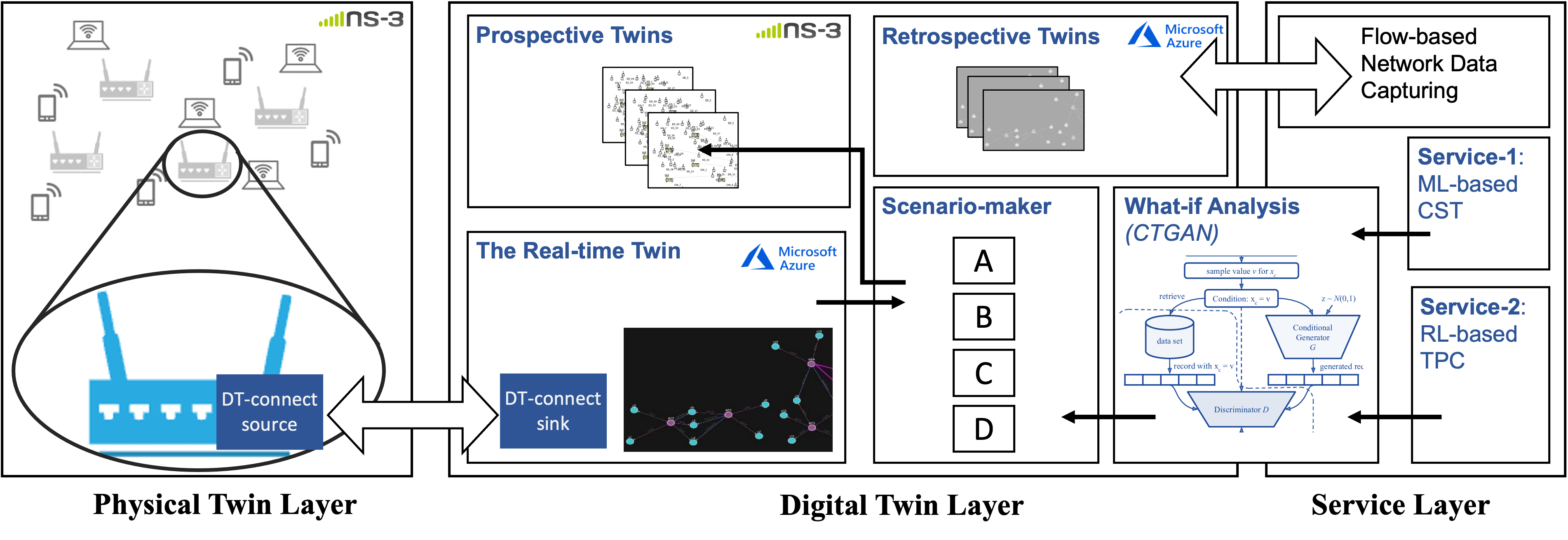This study explores implementing a digital twin network (DTN) for efficient 6G wireless network management, aligning with the fault, configuration, accounting, performance, and security (FCAPS) model. The DTN architecture comprises the Physical Twin Layer, implemented using NS-3, and the Service Layer, featuring machine learning and reinforcement learning for optimizing carrier sensitivity threshold and transmit power control in wireless networks. We introduce a robust "What-if Analysis" module, utilizing conditional tabular generative adversarial network (CTGAN) for synthetic data generation to mimic various network scenarios. These scenarios assess four network performance metrics: throughput, latency, packet loss, and coverage. Our findings demonstrate the efficiency of the proposed what-if analysis framework in managing complex network conditions, highlighting the importance of the scenario-maker step and the impact of twinning intervals on network performance.
翻译:暂无翻译

